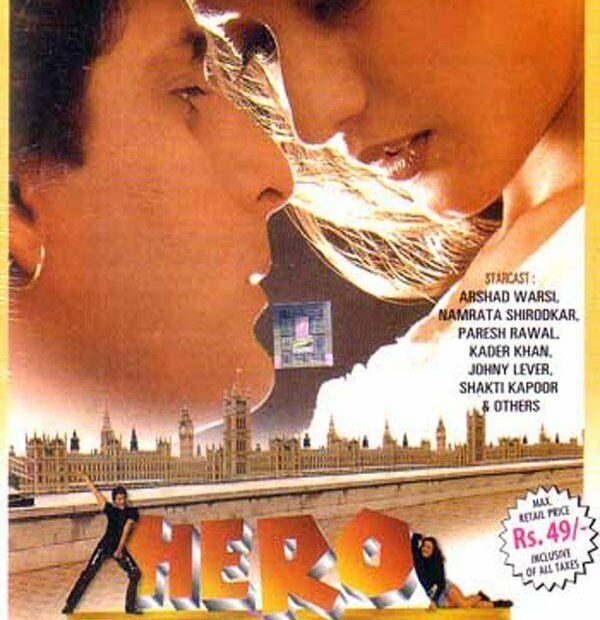Dhum Tanana Dhum Ta Dhum from movie Aman Ki Asha – Meloda (Saira Banu) who was educated in India, speaks Hindi; though she is Japanese. Dr. Gautamdas (Rajendra Kumar) is a UK trained doctor who volunteers to go to Japan to help deal with the horror of the radiation aftermath of Hiroshima and Nagasaki. They meet in Japan and the inevitable happens when hero meets heroine. Lord Bertrand Russell in London, gives Gautam his blessings and best wishes for his travel to Japan. Russell , a pacifist and anti-war thinker (who appears in a cameo role) sets the tone of this 1967 film. On arrival in Japan Dr Gautamdas takes up a role in a hospital where Meloda’s father Dr Akhira (Chetan Anand) is director. The storyline takes us through the stark and sometimes gory suffering that radiation victims endured; as a stark reminder of the long term damage caused by atomic weapons. A majority of the shoot sequences are in Japan, with director Mohan Kumar taking artistic liberties in switching from the Ginza strip, with pan shots of the Mitsubishi tower, the Hokkaido and with glimpses of Mt. Fuji. A scenic gondola ride, ski fields are all part of the package. Lata Mangeshkar’s rendering of the fusion song “aisuru” is set to a musical score that is drawn from both cultures Shankar. Mohammed Rafi sings a few forgettable, but apt to the storyline songs. A group of fishermen are exposed to radiation from French nuclear tests in the Pacific, Dr Gautamdas mounts a daring rescue to help save the fishermen. Battling angry elements Dr Gautamdas helps the fishermen survive, saving every last one of them – but at what cost? When viewed in the context of India-Japan relationship, beginning with the arrival of Buddism in Japan, formation of the Indo-Japan Society in 1905, Japan’s support for Subash Chandra Bose’s INA this film takes on a meaning beyond a love story. It is a cry against the horrors of atomic weapons, the enduring damage they inflict and martyrdom for a cause.


